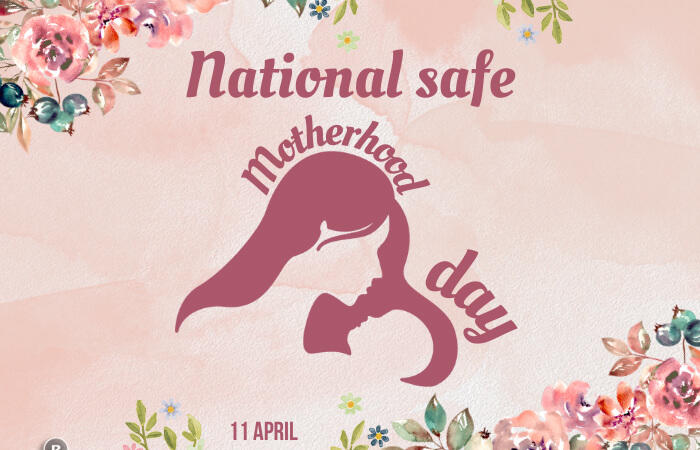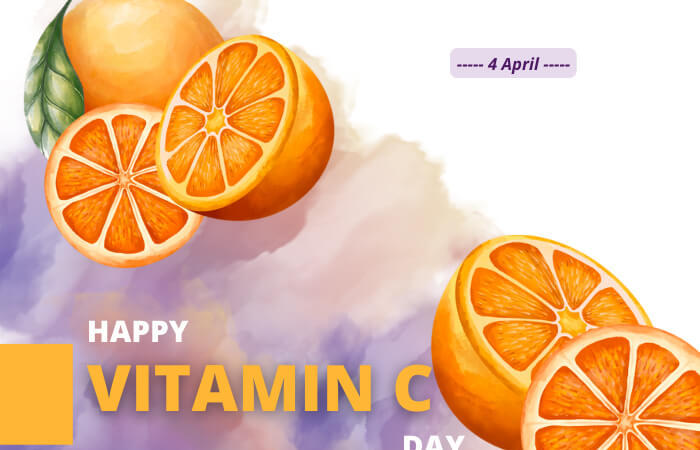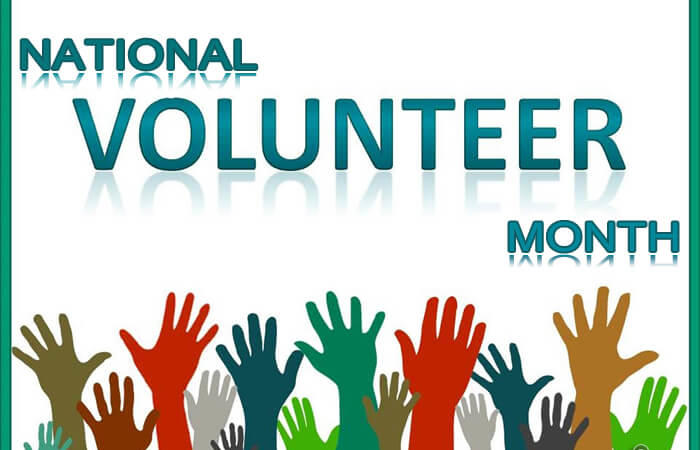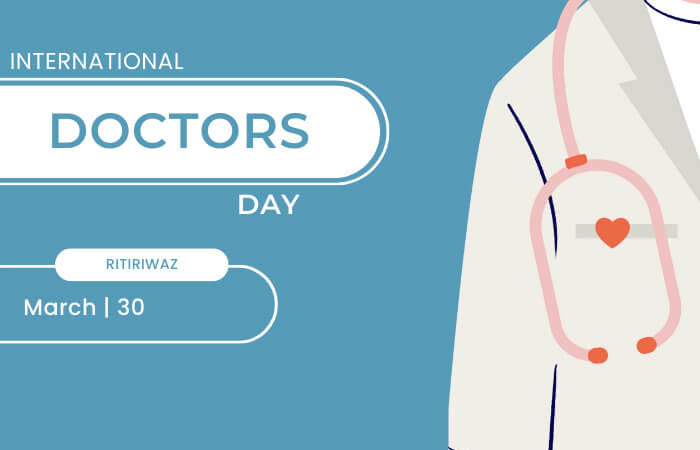World Malaria Day – 25 April

On 25 April, people across the globe take part in a wide range of activities to mark World Malaria Day, a day set aside to commemorate worldwide efforts to control this preventable yet deadly disease. Malaria can be prevented by simple measures taken like insecticide-treated mosquito nets, indoor spraying of insecticides, and not allowing mosquitoes to breed, etc.
Malaria is transmitted through the female Anopheles mosquitoes, which bite between dusk and dawn. The infected mosquitos transfer malaria germs into healthy people through their bite. High fever is the most common symptom of malaria along with cold, shivering, headache, nausea, or vomiting. However, its symptoms can be different if not treated properly.
In 2017, 5 countries accounted for nearly half of all malaria cases worldwide: Nigeria (25%), the Democratic Republic of the Congo (11%), Mozambique (5%), India (4%), and Uganda (4%). Children under 5 years of age are the most vulnerable group affected by malaria; in 2017, they accounted for 61% (266 000) of all malaria deaths worldwide.
The theme for World Malaria Day 2021 was “Zero Malaria – Draw the Line Against Malaria “, which will explore and connect malaria elimination and malaria in high-burden settings. Malaria is 100 percent curable. However, if left untreated, it can turn into a severe type.
How it started
April 25 was originally declared Africa Malaria Day in 2000, but in 2008, World Malaria Day was also launched on April 25 to commemorate the work done around the world to control the deadly disease.
Around half of the world’s population is impacted by malaria, and it is thought to have killed more people than any other disease in history. In India, the National Malaria Control Programmes conducts programs and takes measured to eradicate this disease from India where it is a serious public health issue. Nearly 95% of the population resides in areas endemic to malaria. In 2017, out of 840838 cases of malaria, 103 deaths were reported.
Unfortunately, most areas in India are prone to malaria except for areas that are at a high altitude of 2000-2500 m. States that are at a higher risk of malaria are West Bengal, Odisha, Rajasthan, Jharkhand, Chhattisgarh, Madhya Pradesh, Maharashtra, Andhra Pradesh, NE states (except for Sikkim), and Gujarat.
In addition to vaccines, preventative education, and highly effective insecticide-treated mosquito nets, safe water also plays a key role in equipping communities to protect against and eliminate the disease.
How to protect yourself from malaria:
-
Clean and remove accumulated water from flower tubs, abandoned buckets, tires, or broken bowls, etc. from in and around your home and from your locality to avoid breeding of mosquitoes.
-
Use mosquito screens on windows and doors at home and in-office to keep mosquitoes out.
-
Use mosquito repellent sprays, creams, lotions, patches of various kinds as per requirement and suitability.
-
Light-colored and covered clothes help keep mosquitoes away more than dark-colored clothes.
-
Take special care at dusk and dawn; mosquitoes are more active during these times.
-
Use mosquito net while sleeping at night or even during the day, if needed.
-
Avoid areas or stay cautious when you’re visiting areas, where there is a high incidence of vector-borne diseases.
Health is everyone’s concern, and every citizen needs to put in the effort to make their country clean and free from disease for the sake of their future. The citizens of countries where malaria is not common should take proper medicine before traveling to countries where it is common. However, such preventive measures are not so effective in countries where malaria is common.
The use of the net or thin cloth is a centuries-old traditional way of avoiding mosquito bites that is more effective during nighttime. Besides, it is also very important to keep your home, workplace, markets, shops, and streets clean. Keep your environment dry as static water is the breeding place of mosquitoes. As several mosquito killer sprays and lotions are available nowadays, thus their use at nighttime is also recommended.
As the world grapples with COVID-19, this World Malaria Day will also highlight the importance of maintaining robust health systems to prevent existing diseases like malaria, alongside emerging ones.
What can you do?
There are all kinds of activities going on all over the world. These include public awareness rallies, radio/online educational programs, symposiums, and public Health Checks, even an online game – all to to help raise awareness and funds to help end malaria.
Share this page and others like it with your friends. You can also go online and donate or purchase a mosquito net. You can also search online for activities in your area.
Suggested Read: Earth Day






